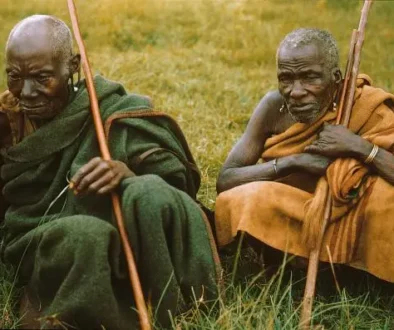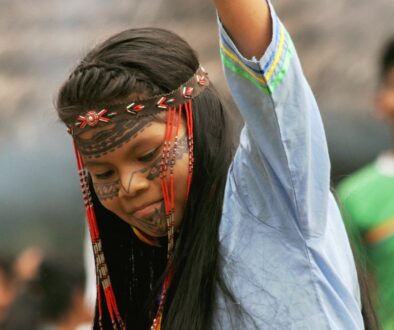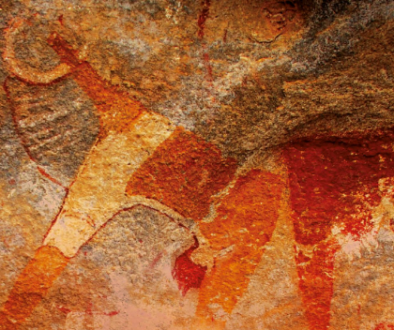Code of Ethical Conduct to Ensure Respect for the Cultural and Intellectual Heritage of Indigenous and Local Communities
Secretariat Convention on Biological Diversity2011
The Code of Ethical Conduct, adopted by the Convention on Biological Diversity in 2011, was named by a Mohawk term Tkarihwaié:ri meaning “the proper way”, so as to emphasize the ethical standards embodied in this Instrument. The code is intended to provide a collaborative framework ensuring the effective participation and prior informed consent or involvement and approval of indigenous and local communities in activities, including research proposed, on their knowledge, territories and related resources.
By its ethical nature, the Code establishes a new paradigm for researchers and others working with Indigenous and Local Communities and /or on their lands and waters. The code embodies both equal partnership and capacity building for Indigenous and Local Communities and those working with them. It is a tangible tool in keeping with the greater emphasis now placed by Parties to the Convention on practical results based on the identification and pursuit of outcome-oriented targets with a view to achieving, by 2020, the revised Strategic Plan and the Aichi targets.
The Code should be used as a companion instrument to other guidelines, principles and standards, including the Akwé:Kon Voluntary Guidelines for the Conduct of Cultural, Environmental and Social Impact Assessment regarding Developments Proposed to take place on, or which are Likely to Impact on, Sacred Sites and on Lands and Waters Traditionally Occupied or Used by Indigenous and Local Communities.
Reference
Secretariat of the Convention on Biological Diversity (2011) Tkarihwaié:ri. Code of Ethical Conduct to Ensure Respect for the Cultural and Intellectual Heritage of Indigenous and Local Communities Relevant to the Conservation and Sustainable Use of Biological Diversity




